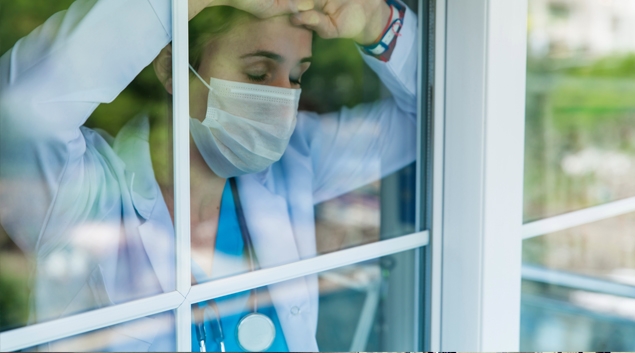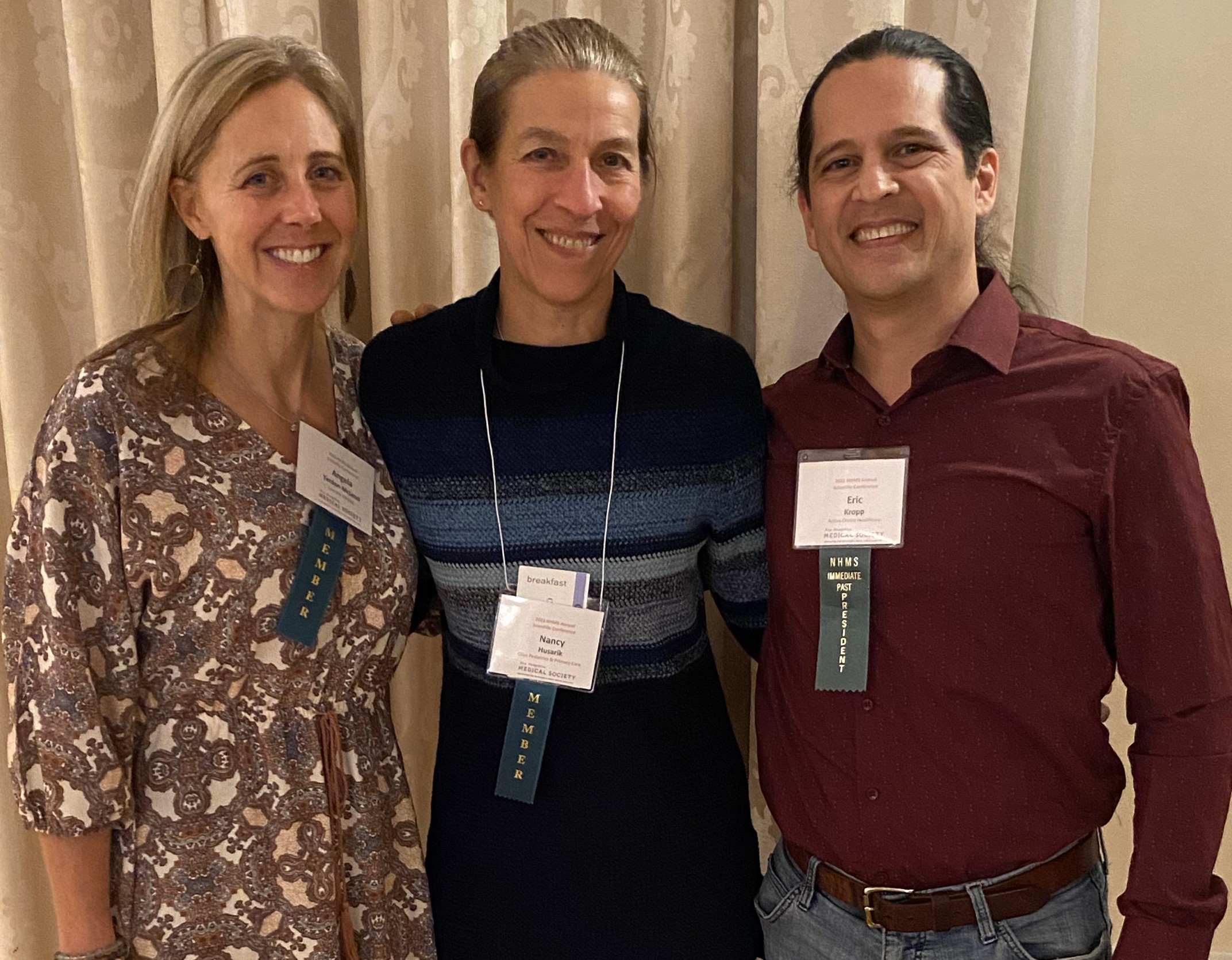Physician Wellness Program
Burnout is defined by the WHO as a syndrome “resulting from chronic workplace stress which has not been managed successfully.” It is characterized by feelings of energy depletion or exhaustion, increased mental distance/negativity/cynicism regarding one’s job, and reduced professional efficacy. Physicians often experience depersonalization or lack of empathy for patients. Almost 63% of physicians report signs of burnout (AMA).
If you need immediate support:
NH 988 Suicide & Crisis Lifeline: Call 833-710-6477 or text 988
for free & confidential support 24/7
Get Help Now - NH PHP
 |
Immediate Support and Suicide Prevention |
 |
NH Professional Health Program
|
 |
1:1 Coaching; Burnout Prevention Program |
 |
Cultural Awareness; Build collegiality, empathy, psychological safety, and physical health |
“Burnout is not the result of a deficiency in resiliency among physicians, and rather, it is due to the systems in which physicians work.” Christine Sinsky, MD, AMA VP of professional satisfaction.
- In one study, burnout was highest in physicians 6-10 years post-training.
- Highest rates of burnout in 2022 (top 5) – ER, IM, pediatrics, OB/GYN, and family medicine
- Burnout is linked to lower patient satisfaction/care quality, increased risk of medical errors and malpractice, higher physician turnover, physician alcohol and drug abuse, physician suicide (AAFP).
- Female physicians have higher burnout rates than their male colleagues (63% vs. 46%). Data from 2022, Forbes.
 Other Resources:
Other Resources:
Disclaimer: Those listed have expressed interest in burnout prevention and/or treatment. NHMS does not explicitly endorse any individual or corporation.
- Suicide prevention for healthcare professionals | AFSP
- The Emotional PPE Project
- Tend Health
- Trained Peer Support Network
The mission and vision of the NHMS Physician Well Being Committee is to guide New Hampshire physicians on a path to deep satisfaction, cultivating integration between their personal and professional lives, through access to diverse options that effectively address stressors inherent in the culture of medicine to help them improve their value and success with their patients and community.

Committee members:
| Angela Yerdon McLeod, Chair |
| Marcia Arsnow |
| Irena Danys |
| Anna DeYoung |
| Jennifer DiNubila |
| Nancy Husarik |
| Molly Rossignol |
| Eric Kropp |
| Oakland Waters |
| Sarah Chaoying Xu |

